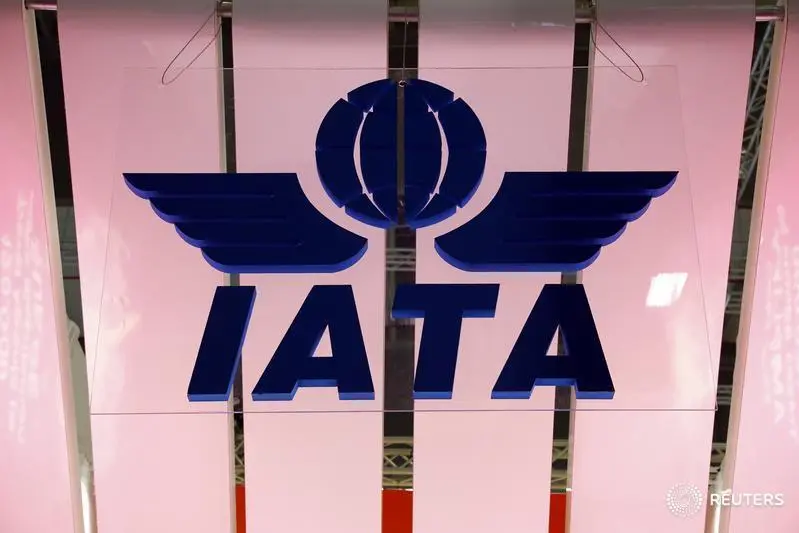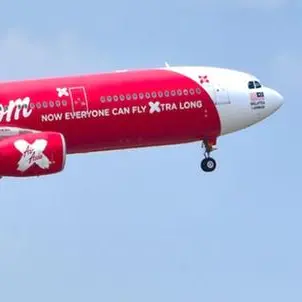PHOTO
The International Air Transport Association (Iata) urged the Indian government to lift capacity curbs and price caps put in place during the Covid-19 pandemic, arguing such regulations restrict competition, market access, and growth of the airline sector.
Willie Walsh, the director general of Iata, said the Indian government should make decisions based on data and science, and remove the restrictions that are impeding the recovery of the aviation sector.
"Politicians are quick to impose measures but slow to remove them," Walsh said, pointing out that travel bubbles were not intended for long-term use but for the return of stranded citizens in other countries. The current global situation was different from last year, he said.
The operation of international flights was suspended in India following the second wave of the pandemic. However, the country has established air travel bubbles with over 25 countries. The restrictions on capacity and fares were imposed by the Ministry of Civil Aviation over a year ago in May, when flight services first resumed after the nationwide lockdown.
The apex aviation industry body comprising 290 airlines has been reiterating its plea for the lifting of curbs. It had stated in the past that all restrictions should be temporary and be removed at the earliest possible time. Walsh has advocated the removal of restrictions based on data gathered by the Iata, which predicted a catastrophic economic impact on the industry due to the restrictions.
Walsh said he is surprised to see the government resort to restrictive measures as Indian aviation, especially on the domestic front, has registered big growth during the past decade.
“Recovery [of the aviation sector] is significantly impacted by regulations," Walsh said. Passenger demand will recover when the government-imposed restrictions are relaxed, he said.
The trade body, which includes Indian carriers such as Air India, IndiGo, Vistara and SpiceJet, expects airlines operating in the Asia-Pacific region, including India, to report combined losses of $7.5 billion during calendar year 2021, down from $31.7 billion during 2020.
Airlines globally are expected to lose $38.7 billion in 2021, down from more than $118.5 billion of losses in 2020. According to latest Iata data, major aviation markets across the world are expected to recover to their pre-pandemic levels or 2019 passenger traffic levels by 2023 and in some cases 2024, depending on geography.
Walsh said India remains an outlier in comparison to other domestic markets such as the US, China and the EU, which are seeing growth, and it is expected to return to 2019 capacity only by 2023-24.
Many Indian carriers have reduced their fleet size, retired older aircraft, reduced jobs and capacity and thus their ability to reintroduce capacity last seen in 2019 is restricted, Walsh said.
“Given the stress on their balance sheets, they will be less prepared to take risks," he said.
The global airlines body has been pushing governments to reopen borders, do away with tough quarantine measures, and digitally manage vaccination and testing certificates amid the challenges posed by the pandemic.
“There’s a real risk of airline failures, especially medium and small airlines. So, Iata has asked governments to intervene," Conrad Clifford, regional vice-president, Asia Pacific region, Iata, said in a virtual presentation.
India allows its airlines to operate up to 65 per cent of their pre-pandemic capacity. These restrictions are expected to ease in the coming months with a decline in fresh Covid-19 infections and a pickup in the vaccination drive.
Copyright © 2021 Khaleej Times. All Rights Reserved. Provided by SyndiGate Media Inc. (Syndigate.info).





















